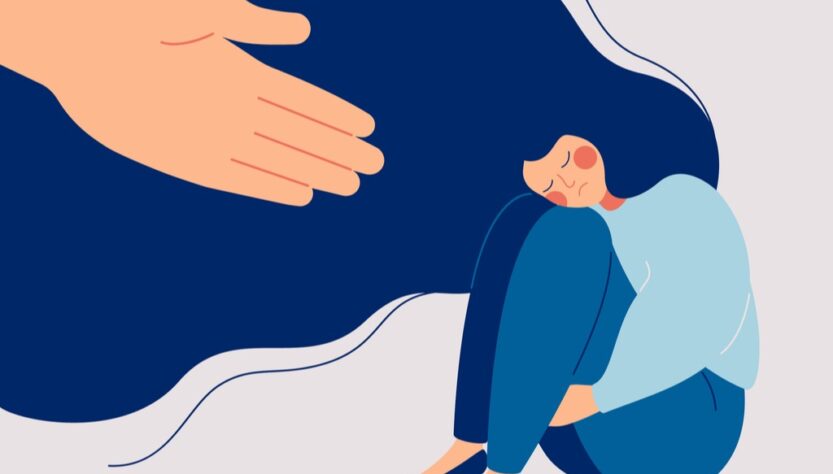You wake up with it, carry it around with you all day, can’t shake it at bedtime, and it chases you into sleep: dread, a low, sad, irritable feeling in the pit of your stomach. A nagging sense that something is wrong, but you know in your heart that what’s wrong is inside you. Maybe you can’t sleep, or maybe you can’t stop sleeping. Food has lost its taste, but you might eat anyway just to fill up that void. It is not uncommon for a person to feel forsaken by God, abandoned and despairing that even faith is just too difficult to sustain. Depression is much more than being bummed out, sad, or blue. Depression is as different from a low mood as diabetes is from being hungry. However, treating depression is always possible with the help of one’s own willpower and a professional treatment center in the field.
Depression is caused by a neurotransmitter problem in the brain. Serotonin, a naturally occurring “feel good” chemical brain component called a neurotransmitter, is needed in sufficient quantities flowing freely in the synapses in the brain in order to feel good and be able to self-soothe when bad things happen (anything from a stubbed toe to a bad grade on a test to a snippy comment from a boss or coworker). True “endogenous” depression happens when serotonin gets stuck in its receptors and won’t come out to play anymore. There may be enough serotonin in the brain, but it isn’t flowing; it’s all bound up.
The symptoms of depression can be debilitating and worse. Depression is a leading cause of suicide. Depression is a serious illness and left untreated, and it can cause death. Like addiction, however, it can be difficult to diagnose because at least some of its symptoms seem to be behavioral or attitude. And like addiction, many people who are not familiar with this disease will assume that laziness or lack of discipline is the cause of the depressive symptoms.
Even people who have deep and abiding faith can become depressed. It is a cruel but “equal opportunity” disease that can affect people of any faith, age, sex, socioeconomic background or race. While it may seem unfair or confusing that God could let someone who has been devout suffer, it might help to view depression as one would view any disease. Read up on religious perspectives on suffering, and take comfort in knowing that looking at it from a Christian perspective, suffering is not for nothing. In the case of Job, suffering brought him closer to God. Isaiah 48:10 suggests that disease and suffering might have a spiritual purpose. Depression can bring you to your knees, quite literally, and the surrender of ego can contribute to a real spiritual awakening. As you may know from reading about addiction and recovery, the surrender that happens when you turn your pain over to God can be the beginning of true and profound treatment of depression and other emotions in a similar vein.

